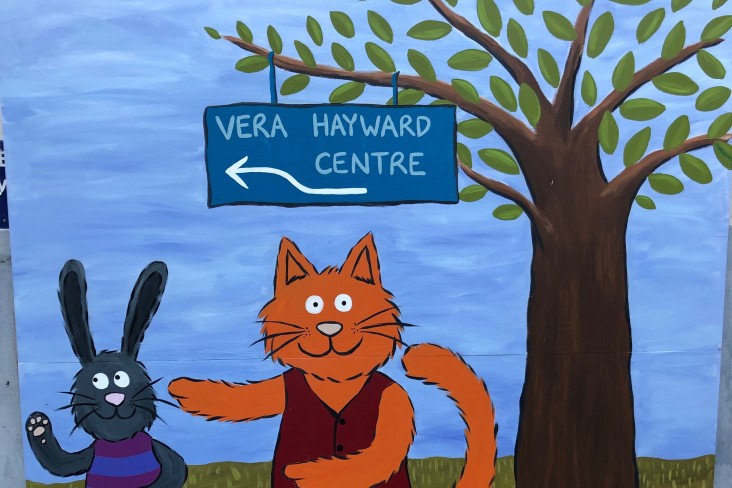Ehara taku toa i te toa takitahi engari he toa takitini
I come not with my own strengths but bring with me the gifts, talents and strengths of my family, tribe and ancestors
What is a developmental (general) assessment?
Developmental assessments are provided for tamariki who are referred with concerns about their development in more than one area (e.g. gross motor skills, fine motor skills, self-care, learning, speech and language, social skills, feeding/eating). These multidisciplinary assessments may include a Social Worker, Physiotherapist, Occupational Therapist, Speech-language Therapist and a Clinical Psychologist. We will ask you about your concerns and observe your tamaiti in a range of play-based tasks to identify areas that may need follow up. We will speak with you about what they have seen and then make a plan for whether and how we will provide support for you and your tamaiti.
These assessments occur on a Wednesday.
Intervention
Intervention can be based at the Vera Hayward Centre, or in the community at Early Childhood Centres or in your home. We work with you in a whānau centred way to develop goals for your tamaiti and support their development. Intervention includes parents, caregivers and whānau. We also provide support and strategies to Early Childhood Centres to ensure that tamariki are given the best support possible. We also offer Telehealth.
What is Telehealth?
Telehealth involves services that are not typically in person within the same location. Telehealth is sometimes referred to as telepractice, telerehabilitation, or telespeech. Telehealth is when we use video calling, texting or a telephone call to carry out an appointment.
A telepractice appointment can take many different forms and will be based on your child’s needs and goals. For example, it may involve some or all of the following using electronic communications:
- Your therapist, you and your tamaiti completing assessments and therapy tasks together in real-time
- You and your therapist setting goals, planning how future sessions will work and discussing key strategies
- Analysis of videos, pictures or samples you have sent your therapist prior to the session
- Parent coaching and modelling sessions of key activities to achieve your tamaiti’s goals
- Phone consults relating to service and therapy delivery.
The benefits of having a video consultation can include:
- Reducing the waiting time to have an appointment with a therapist
- Avoiding your need to travel to Dunedin
- Ensuring ongoing contact and discussion with your therapist to support you and your whānau
There could be technical problems which affect the video consultation and a video consultation may not be exactly the same, or as complete, as a face-to-face service. You and your therapist may decide to use it as a complementary way to carry out therapy alongside in-person appointments.
Your therapist must maintain confidentiality and privacy standards during sessions, and in creating, keeping and transmitting records.
While your therapist is obligated to meet standards to protect your privacy and security, telecommunication, including videoconference, may increase exposure online risks; as with all online activities, there is no guarantee of complete privacy and security protection. The risk is decreased by using a secure internet connection and only communicating using secure systems.
You can change your mind and stop using video consultations at any time, including during a session. This won’t impact on your right to ask for and receive health care.
If this is something you would like to know more about, please ask your therapist. We are here to support you with setting up and preparing for any telehealth appointments.
Transition to school
The Vera Hayward Centre team can provide support for whānau when tamariki are transitioning to school. This may include meeting to help plan the transition and making appropriate referrals for support to school. We work with Te Mahau Leaning Support (Ministry of Education) and CCS Disability Action to plan a smooth transition to school.
